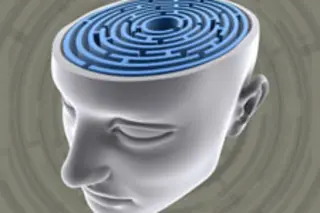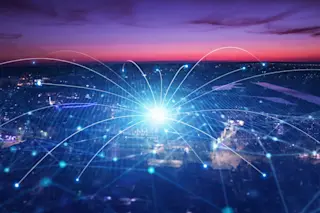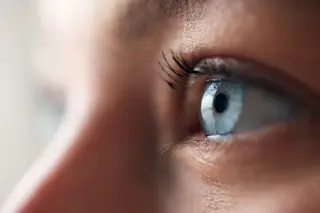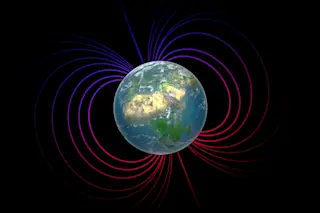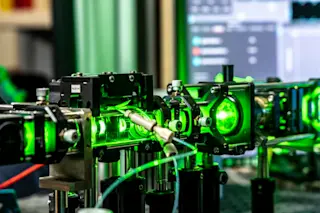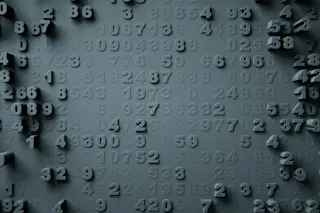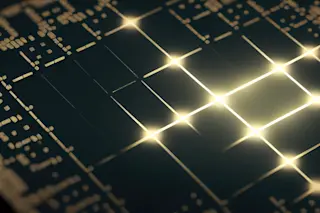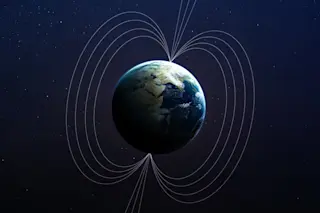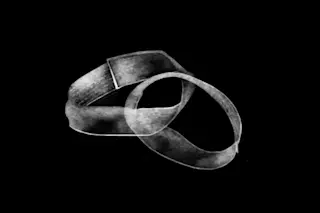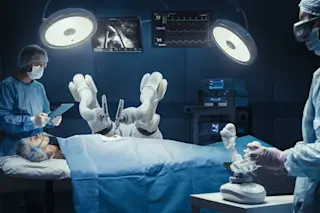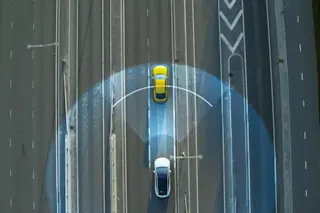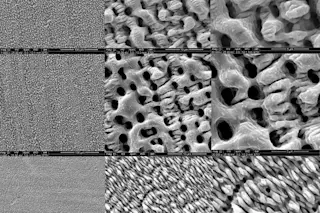Pity the poor scientists--no matter how hard they try to convince the public that science is one of the few things you can trust in this crazy, mixed-up world, public faith in science is still tough to come by. A new study (pdf) conducted at the University of Maryland examined people's belief in extrasensory perception (ESP), the supposed paranormal phenomenon of mind-reading. The study not only found that people tend to disregard the views of the scientific community when it comes to paranormal activity, it also showed that they're inclined to disagree with the scientists. For the study, the researchers had 160 college students watch a video of a person performing brilliantly on a card-guessing exercise. What the students didn't know is that the player was discreetly being fed all the answers. To the viewers, it appeared that she was either extremely lucky or had some sort of sixth sense, ...
How to Make People Believe in ESP: Tell Them Scientists Think It's Bogus
A study reveals belief in extrasensory perception often outweighs public faith in science, challenging the scientific community's views.
More on Discover
Stay Curious
SubscribeTo The Magazine
Save up to 40% off the cover price when you subscribe to Discover magazine.
Subscribe

